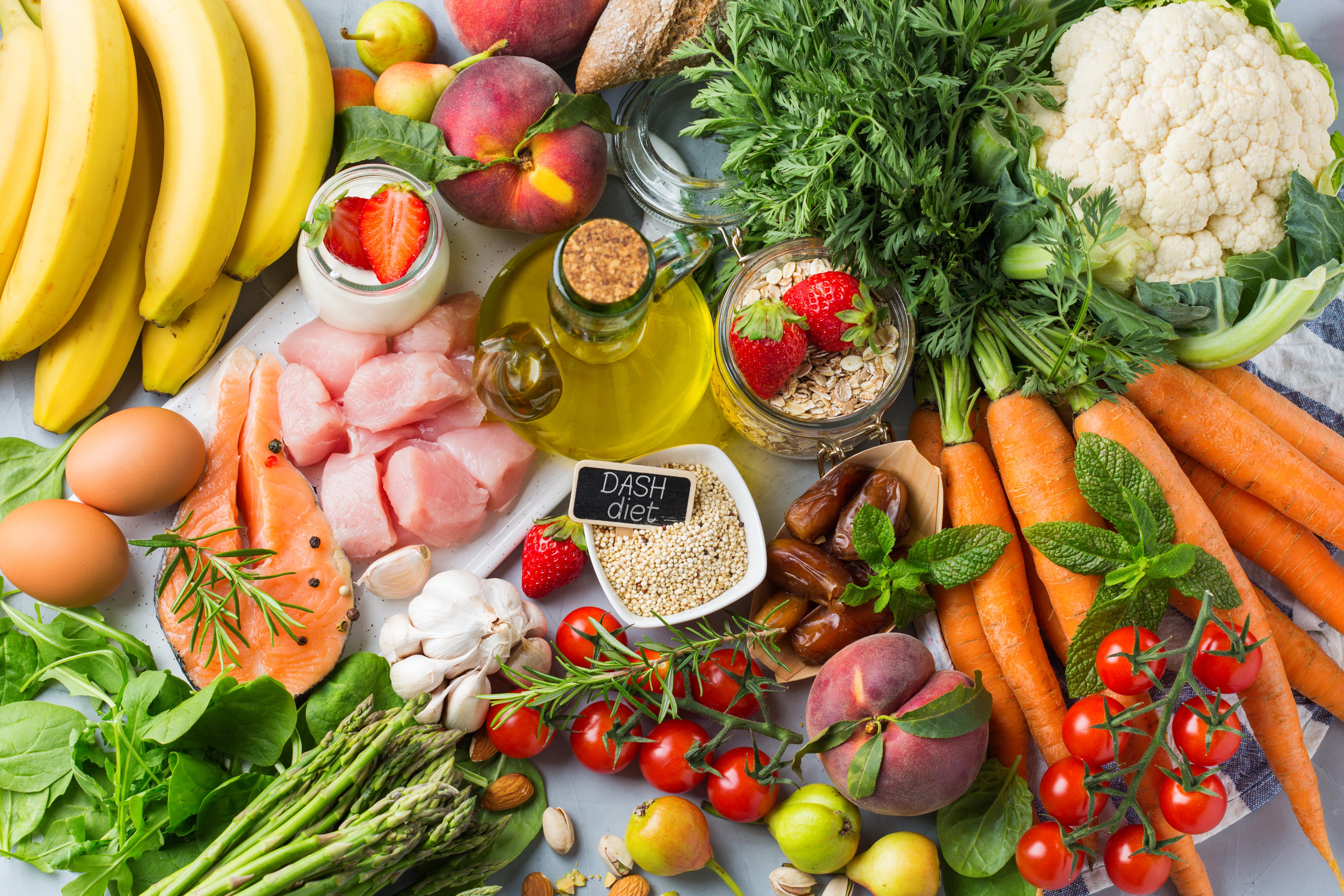11 Little Changes That Have a Big Impact on Blood Pressure
Hypertension, commonly known as high blood pressure, is a prevalent condition that affects millions of individuals worldwide. Often dubbed the "silent killer," it typically shows no symptoms until it has caused significant damage to the heart and arteries. This condition increases the risk of heart disease, stroke, and kidney failure, making it crucial to manage effectively. Despite its severity, hypertension can be controlled through lifestyle changes. This article will guide you through 11 simple yet effective tweaks you can incorporate into your daily routine to lower your blood pressure and improve your overall health. The World Health Organization (WHO) reports that hypertension is responsible for over 7.5 million deaths annually, accounting for about 12.8% of the total deaths worldwide. While medication is often prescribed to manage hypertension, lifestyle interventions can significantly enhance treatment outcomes. This article will delve into practical strategies that can seamlessly fit into your lifestyle, offering a holistic approach to managing blood pressure.
1. Embrace a Heart-Healthy Diet

Diet plays a crucial role in managing blood pressure. The Dietary Approaches to Stop Hypertension (DASH) diet is specifically designed to help people reduce their blood pressure. This eating plan emphasizes the consumption of fruits, vegetables, whole grains, lean proteins, and low-fat dairy products while limiting saturated fats, cholesterol, and sodium. By adopting a DASH diet, you can significantly lower your blood pressure and improve your heart health. Studies have shown that individuals who follow the DASH diet can experience a reduction in blood pressure within just two weeks. Incorporating more potassium-rich foods, such as bananas, sweet potatoes, and spinach, can also help manage blood pressure. Potassium helps balance the amount of sodium in your cells, which can reduce high blood pressure. Additionally, reducing sodium intake is essential. The American Heart Association recommends consuming no more than 2,300 milligrams of sodium per day, with an ideal limit of 1,500 milligrams for most adults. By making these dietary changes, you can take control of your blood pressure and improve your overall health.
